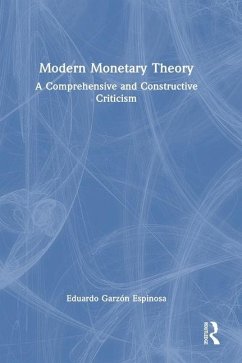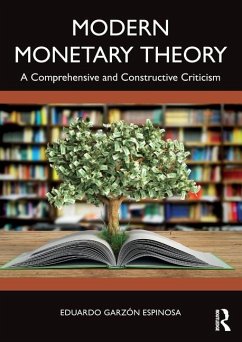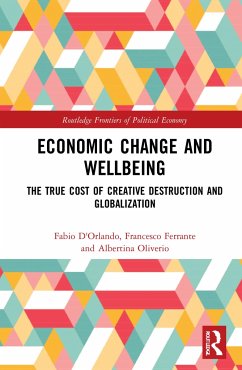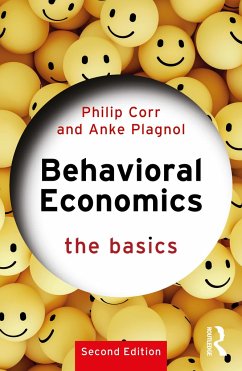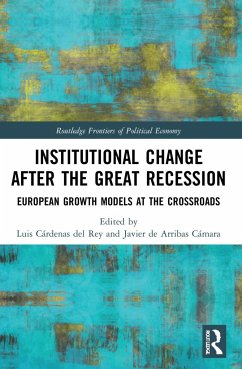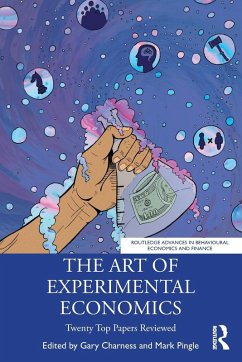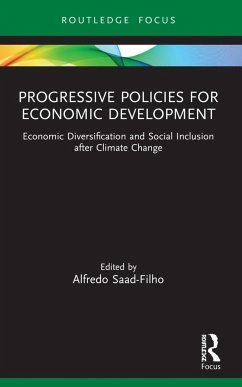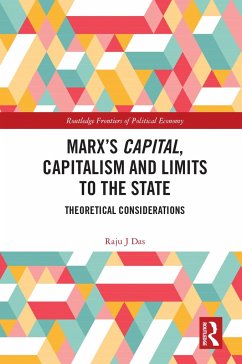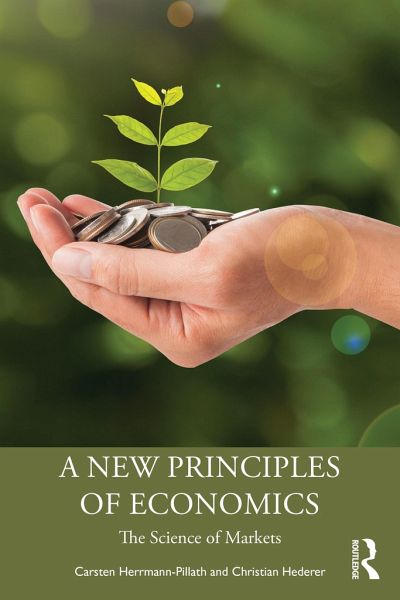
A New Principles of Economics
The Science of Markets
Versandkostenfrei!
Versandfertig in 6-10 Tagen
60,99 €
inkl. MwSt.
Weitere Ausgaben:

PAYBACK Punkte
30 °P sammeln!
Despite the dynamic development of the discipline of economics, the ways in which economics is taught and how it defines its basic principles have hardly changed, resulting in economics being criticised for its inability to provide relevant insights on global challenges. In response, this book defines new principles of economics and seeks to establish economics as the science of markets.A New Principles of Economics provides an alternative conceptual framework for the study of economics, integrating recent developments and research in both economics and neighbouring social sciences. Adopting t...
Despite the dynamic development of the discipline of economics, the ways in which economics is taught and how it defines its basic principles have hardly changed, resulting in economics being criticised for its inability to provide relevant insights on global challenges. In response, this book defines new principles of economics and seeks to establish economics as the science of markets.
A New Principles of Economics provides an alternative conceptual framework for the study of economics, integrating recent developments and research in both economics and neighbouring social sciences. Adopting the structure of a standard principles text, it separates the study of markets as mechanisms and markets in their wider contexts. In doing so, a number of new perspectives are introduced, including approaching the economy as part and parcel of the Earth system; directly connecting the analysis of production with an analysis of technology and thermodynamic principles; explicitly treating markets as forms of social networks mediated by the institution of money; and reinstating the central role of distribution in political economy analysis. The book is accompanied by a series of video lectures prepared by the authors, which can be accessed at www.youtube.com/playlist?list=PLKe-ures4LFR_uTvCekrha4WFY-OcRjHD
Drawing on the latest theories and research on the economy, and including both the natural and social sciences, this text provides a holistic introduction suitable for postgraduates and other advanced students.
A New Principles of Economics provides an alternative conceptual framework for the study of economics, integrating recent developments and research in both economics and neighbouring social sciences. Adopting the structure of a standard principles text, it separates the study of markets as mechanisms and markets in their wider contexts. In doing so, a number of new perspectives are introduced, including approaching the economy as part and parcel of the Earth system; directly connecting the analysis of production with an analysis of technology and thermodynamic principles; explicitly treating markets as forms of social networks mediated by the institution of money; and reinstating the central role of distribution in political economy analysis. The book is accompanied by a series of video lectures prepared by the authors, which can be accessed at www.youtube.com/playlist?list=PLKe-ures4LFR_uTvCekrha4WFY-OcRjHD
Drawing on the latest theories and research on the economy, and including both the natural and social sciences, this text provides a holistic introduction suitable for postgraduates and other advanced students.





